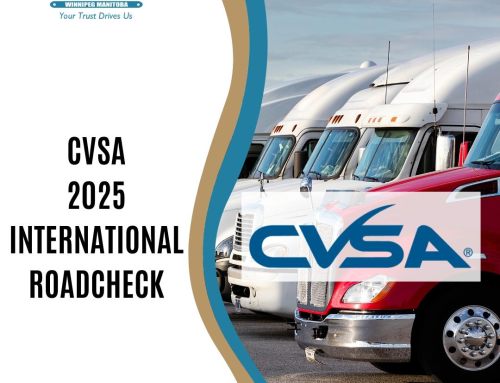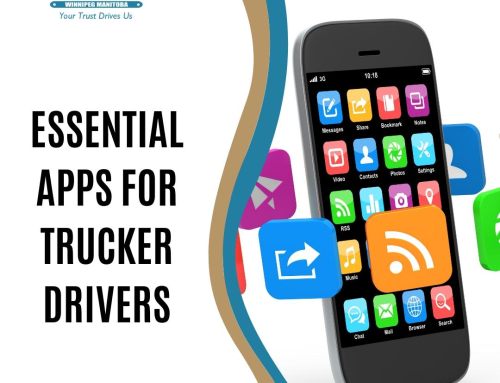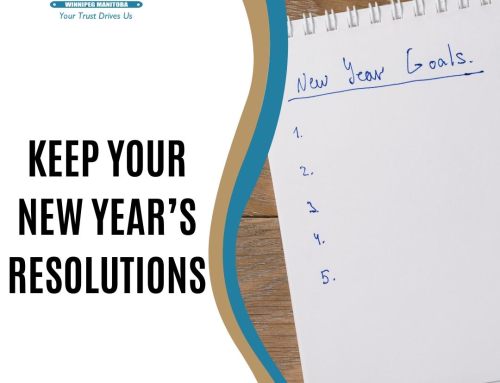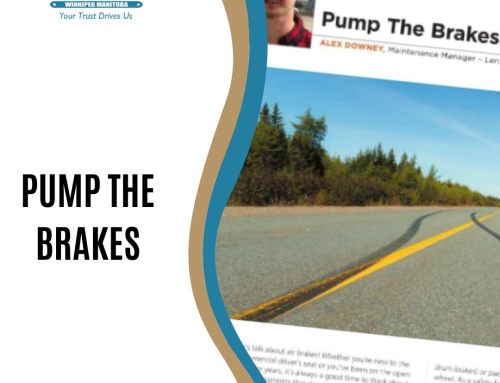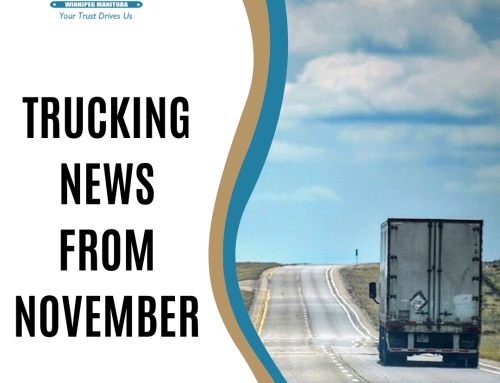Winter truck driving is hard on equipment. Good practices in the winter will save every truck driver time and money.
Len Dubois Trucking is a Winnipeg based trucking company with career opportunities for Owner Operators and company drivers. Contact us today to get your career moving!
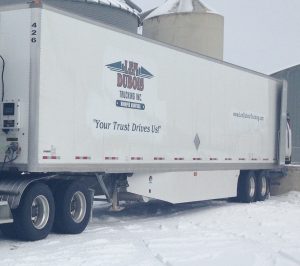 One of the more fun experiences, as a truck driver, is frozen trailer brakes. When I say fun, I mean frustrating. Winnipeg based truck drivers have the pleasure of dealing with frozen trailer brakes regularly in the winter months. And when I say pleasure, I mean frustration.
One of the more fun experiences, as a truck driver, is frozen trailer brakes. When I say fun, I mean frustrating. Winnipeg based truck drivers have the pleasure of dealing with frozen trailer brakes regularly in the winter months. And when I say pleasure, I mean frustration.
Prevention & Preparation
Prevention and preparation is a key to reducing brakes freezing up. Good practices save us from dealing with a lot of problems in this industry and save us from wasting time.
The two most common causes of trailer brakes freezing is due to either the air lines freezing because of moisture in the lines or the brake shoes freezing to the drum due to water in the drum.
To help reduce the risk of moisture in the lines, which can affect the entire air system, drain your air tanks daily. Draining your tanks will discharge the little bit of moisture in the tanks which can accumulate and travel through the lines and freeze.
Keep a bottle of airline antifreeze in your truck. It’s good have a bottle available to you before you hook up to a trailer with frozen lines rather than scrambling for it once you have a problem. If the trailer air lines are frozen, add a shot of air line antifreeze into the supply line glad hand and air up the trailer.
To help out the next driver who hooks up to the trailer, don’t immediately dynamite the trailer brakes when you spot the trailer. Do your post trip and paper work and allow the water in the drums to evaporate or freeze before the breaks apply.
Shoes Frozen to the Drum
When the break shoes are frozen to the drum the solution is straight forward… and cold.
Supply the trailer with air and use a hammer on the frozen drum. Be careful to strike the drum and not the pad. Brake pads can crack or fracture easily. Hammer on the top and bottom of the drum and then get back into the cab and try to rock the truck back and forth. You can also cut the air supply and resupply the trailer with air a couple of times to use the pressure to break the ice. Repeat until the brake releases.
Driving in winter climates often causes delays. Not only due to bad weather but winter weather is hard on equipment. Drivers need to allot extra time in order to deal weather or problems with the equipment. The number one thing to do is proper pretrip and proper post trip inspections. Dealing with problems before going down the road will save time and money.

